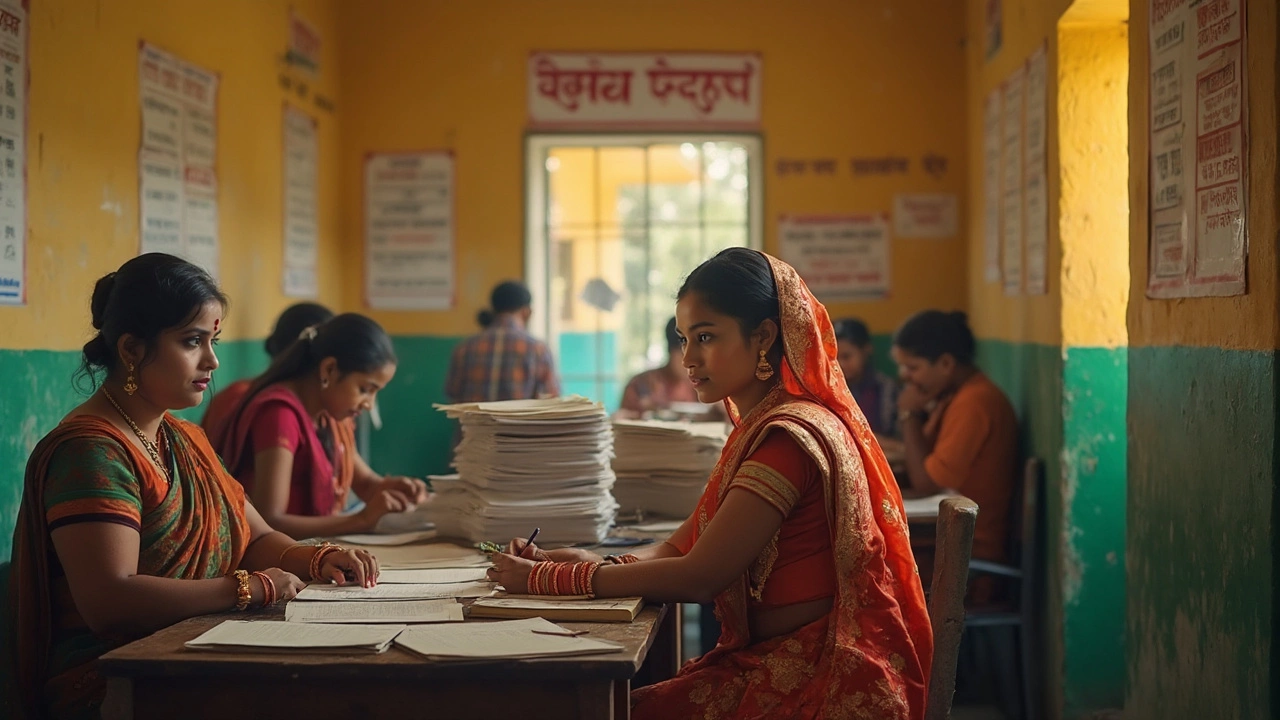Court Marriage in India: What You Need to Know
Thinking about a court marriage? It’s a quick, legal way to tie the knot without a big ceremony. You just need to follow a few steps, gather some papers, and pay a small fee. In this guide we break down everything you need, so you can get married in court without any hassle.
How to Get Married in Court
First, decide where you want to file the marriage. Courts in any district can register a marriage, but many couples choose the nearest place to their home. Next, collect the required documents. You’ll need:
- Proof of age (birth certificate or school leaving certificate)
- Address proof (utility bill, Aadhar card, or passport)
- Passport‑size photos of both partners
- Affidavit stating you are not already married
- Notice of Intended Marriage (Form 16) signed by both parties
Both partners must appear before the magistrate on the same day. The magistrate will read the notice, check the documents, and ask a few basic questions to confirm consent. If everything looks good, you’ll sign the marriage register and receive a certified marriage certificate.
The whole process usually takes an hour or two. Some courts require a three‑day notice period, so plan ahead if you want the ceremony on a specific date.
Common Questions About Court Marriage
Can I have a wedding later? Absolutely. A court marriage only secures the legal part. You can still host a reception, religious ceremony, or any celebration you like.
Do I need a witness? Yes, you need at least two witnesses over 18 years old. They’ll sign the register with you.
What about inter‑religion or inter‑caste couples? Court marriage works for everyone, regardless of religion, caste, or nationality. It’s a neutral option that avoids many cultural hurdles.
Is there a cost? The fee varies by state but is generally low – often under ₹1,000. Some courts may charge extra for extra copies of the certificate.
Can overseas Indians use this? If you’re an Indian citizen living abroad, you can still register a court marriage at a local Indian embassy or consulate, following similar steps.
Once you have the marriage certificate, update your PAN, bank accounts, and other legal documents. This helps avoid future hassles with property, taxes, or insurance.
In short, court marriage is a straightforward, affordable way to legalize your union. Gather the papers, visit the magistrate, and you’re officially married. No lengthy rituals, no big expenses – just a simple legal step to start your life together.

Fastest Way to Get Married in India: Simple Guide to Quick Marriage Registration
Want to get married fast in India? Cutting through all the red tape isn't always straightforward, but it’s possible if you know how the legal process works. This article lays out the fastest paths to legal marriage in India, shows you how to minimize waiting time, and gives you real tips to avoid common mistakes that slow people down. Whether you need a quick wedding for work, travel, or just can’t wait to start your new chapter, here’s what you need to know. No drama, just clear steps and practical advice.